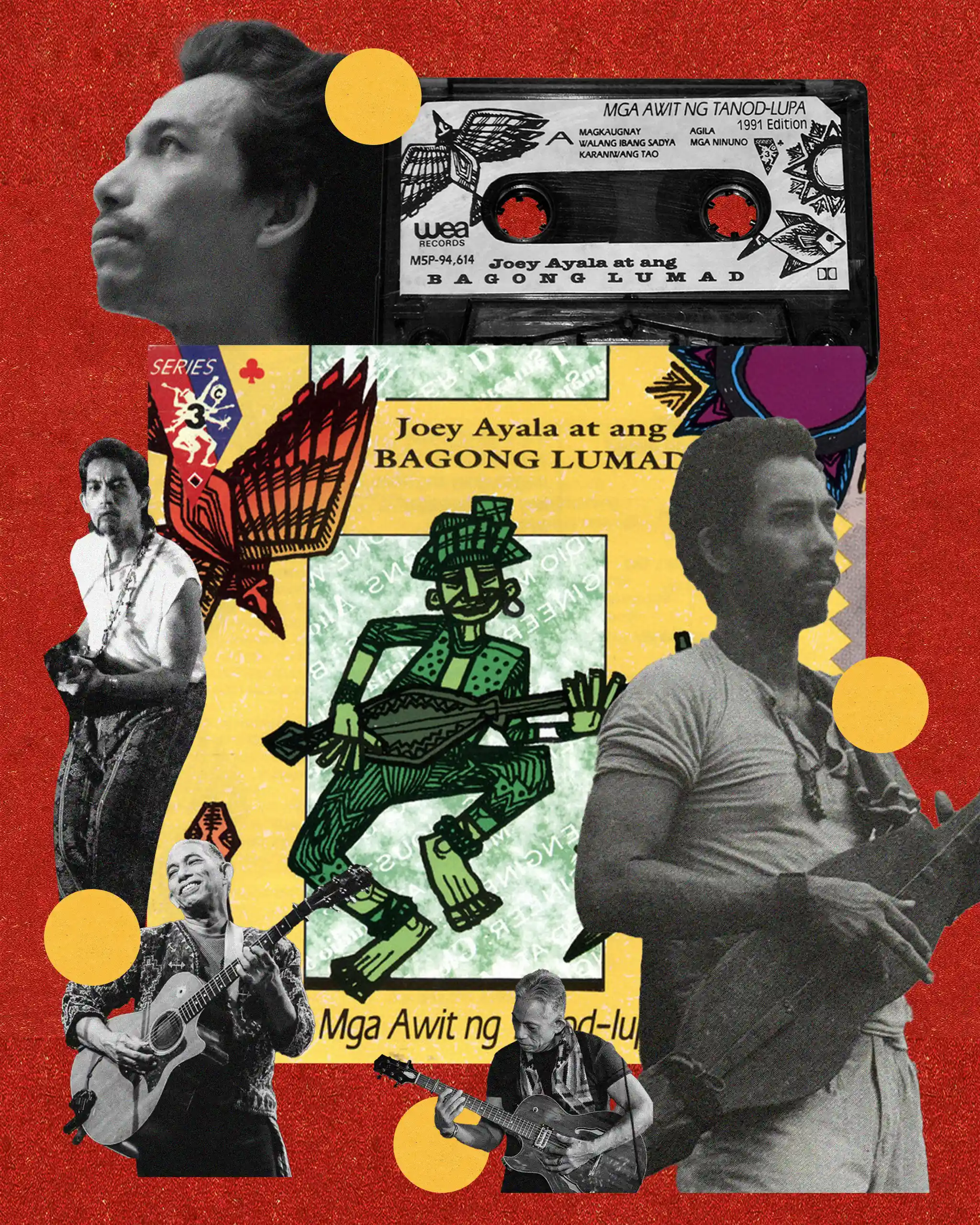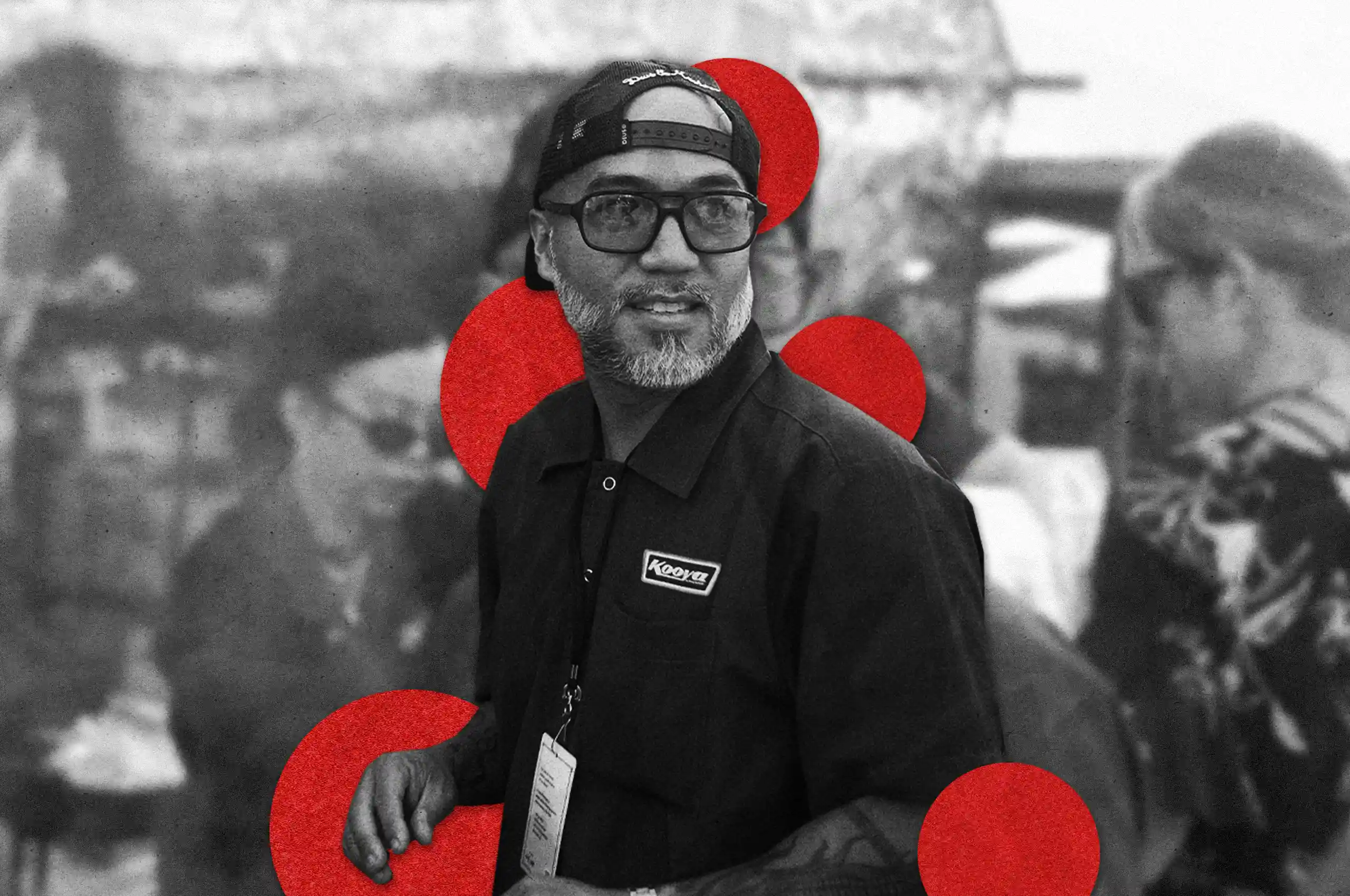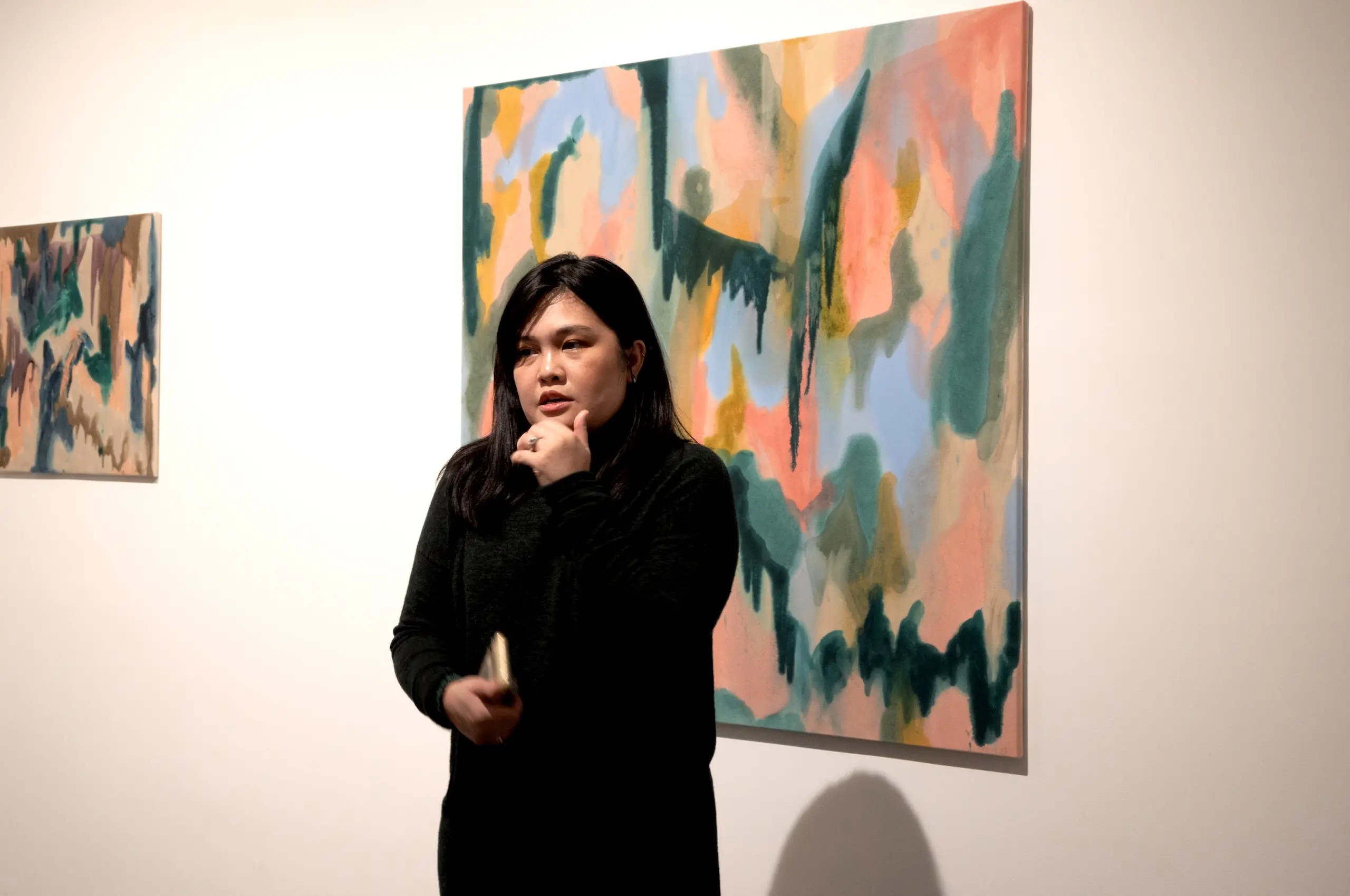Thirty four years ago, in 1991, folk singer-songwriter Joey Ayala released an album during a time when climate change was only becoming an urgent global concern. The eruption of Mount Pinatubo in Zambales and the severe damage caused by Typhoon Uring onto Ormoc City residents in Leyte was etched onto the national consciousness; not to mention the fears of deforestation, water pollution, and the brutal conflicts erupting across the country — whether rooted in land disputes or armed rebellion.
With the help of Lumad musicians from Mindanao, Ayala helped to bring those issues to light with Mga Awit ng Tanod Lupa — a powerful album that placed nature and climate care at its heart, arriving just as the world entered the new millennium.
Known for his distinctive blend of folk-rock and traditional Filipino sounds, Ayala incorporated indigenous instruments such as the T’boli hegalong, the bamboo jaw harp (also known as the kubing) and the kulintang, an eight-piece gong set. By merging these with modern instruments like electric guitars, synthesizers, and drums, Ayala, a Bukidnon native, forged a style that was both grounded in heritage and tapped into contemporary sensibilities. It would be reductive to simply stereotype Ayala as a hippie, or just a folk singer with an acoustic guitar. He was a composer, singer, musical director, and writer — a multifaceted artist whose environmental advocacy became inseparable from his music. What’s more, his decades-long career proved that his vision was grounded in discipline, artistry, and a clear sense of purpose.
Nature and Tradition
Ayala was never simply a folk singer with an acoustic guitar. He was a composer, singer, musical director, and writer — a multifaceted artist whose environmental advocacy became inseparable from his music. While some might have reduced him to the stereotype of a hippie, Ayala’s decades-long career proved that his vision was grounded in discipline, artistry, and a clear sense of purpose.
Ayala’s band, Ang Bagong Lumad (meaning “new native” in Tagalog), was formed in 1982 in Davao del Sur, far removed from the commercial pressures of the Manila music industry. Songs like “Karaniwang Tao” cut through with unflinching critiques, as in the line, “May lason nanggaling sa industriya / Ibinubuga ng mga pabrika.” In 1992, Ayala, co-vocalist Bayang Barrios, bassist Oni Badiang, and percussionist Noe Tio had relocated to Manila, signing with talent manager Butch Dans — whose roster included Apo Hiking Society — and WEA Records.
Mga Awit ng Tanod-Lupa pays homage to ancestral heritage while transcending the traditional boundaries of indigenous music. It begins with “Magkaugnay,” its guitar gently weaving through sparse, quiet spaces before Ayala’s graceful voice enters. In “Walang Ibang Sadya,” Ayala delivers a tender but urgent plea for environmental care, underscored by the sound of wind whistling through the arrangement. “Agila” celebrates the Philippine eagle soaring freely, its imagery elevated by bongo drums, varied percussion, and Ayala’s striking acoustic guitar; arguably his most potent weapon in fighting for the climate, one song at a time.
The album expands into richer sonic landscapes in tracks like “Mga Ninuno,” “Ania Na,” and “Tignan N’yo,” where Barrios and Ayala share vocal duties with powerful synergy. Barrios’s soaring high notes meet Ayala’s warm baritone, creating a yin-and-yang dynamic that conveys both urgency and reassurance. In doing so, it set out to achieve the band’s goal, which, according to an interview with Ayala, is to “reawaken indigenous consciousness.”
People Like Us
In many ways, the record feels like a political and musical manifesto, wrapped in melodies that balance intimacy and grandeur. It is this balance that has kept the album relevant for a quarter of a century, still finding new listeners and inspiring artists sitting at the intersection of activism with artistry.
As such, Joey Ayala at ang Bagong Lumad have become touchstones for generations of Filipino musicians, with the likes of Gloc-9, Bullet Dumas, and Dong Abay citing their work as formative. The members of Ang Bagong Lumad have each built notable careers: Barrios continues to thrive as a solo performer and recording artist, while Badiang remains an in-demand bassist, performing with artists like Lolita Carbon.
In 2024, Ayala was awarded the Gawad CCP Para sa Sining, the Cultural Center of the Philippines’ highest honor, given to artists who have consistently created outstanding work or developed a distinct style that significantly contributes to their field. For Ayala, the recognition underscored his refusal to remain silent. “My work has passed a filtering system that is designed to encapsulate identity and, at the same time, act as a platform for further evolution,” he said during his acceptance speech. “I am not conservative in the sense of presenting something traditional. I’m conservative in the sense of acting out a creative evolutionary impulse which is traditional to people.”
Whether performing in grand concert halls or reimagining the Philippine national anthem for a TEDx Talk, Ayala’s advocacy for the environment, social justice, and cultural pride is not only delivered with conviction, but feels prophetic in an age where issues of environment, indigenous rights, and cultural preservation grow even more urgent. Ayala’s music isn’t just nostalgic for a bygone, pre-industrial Philippines; it is rooted in lived experience, and the belief that the future can learn from tradition.







